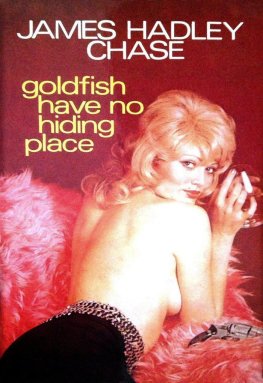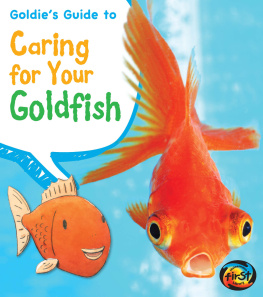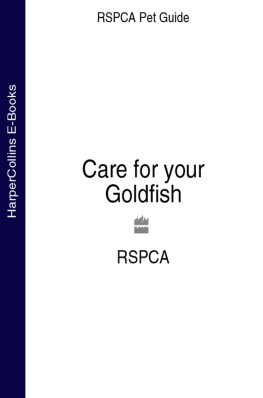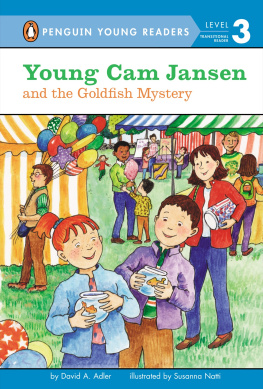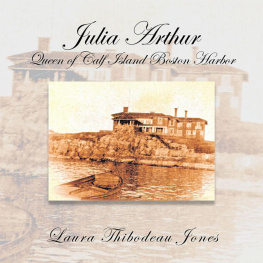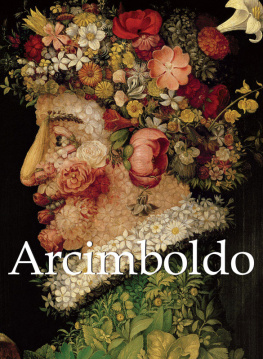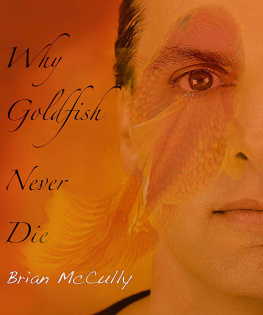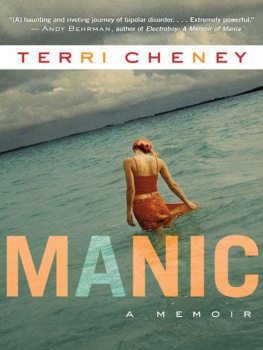CHAPTER I
MYSELF
"My house, my affairs, my ache and my religion"
I was fifty years old to-day. Half a century has hurried by since I first lay in my mother's wondering arms. To be sure, I am not old; but I can no longer deceive myself into believing that I am still young. After all, the illusion of youth is a mental habit consciously encouraged to defy and face down the reality of age. If, at twenty, one feels that he has reached man's estate he, nevertheless, tests his strength and abilities, his early successes or failures, by the temporary and fictitious standards of youth.
At thirty a professional man is younger than the business man of twenty-five. Less is expected of him; his work is less responsible; he has not been so long on his job. At forty the doctor or lawyer may still achieve an unexpected success. He has hardly won his spurs, though in his heart he well knows his own limitations. He can still say: "I am young yet!" And he is.
But at fifty! Ah, then he must face the facts! He either has or has not lived up to his expectations and he never can begin over again. A creature of physical and mental habit, he must for the rest of his life trudge along in the same path, eating the same food, thinking the same thoughts, seeking the same pleasuresuntil he acknowledges with grim reluctance that he is an old man.
I confess that I had so far deliberately tried to forget my approaching fiftieth milestone, or at least to dodge it with closed eyes as I passed it by, that my daughter's polite congratulation on my demicentennial anniversary gave me an unexpected and most unpleasant shock.
"You really ought to be ashamed of yourself!" she remarked as she joined me at breakfast.
"Why?" I asked, somewhat resenting being thus definitely proclaimed as having crossed into the valley of the shadows.
"To be so old and yet to look so young!" she answered, with charming voir-faire.
Then I knew the reason of my resentment against fate. It was because I was labeled as old while, in fact, I was still young. Of course that was it. Old? Ridiculous! When my daughter was gone I gazed searchingly at myself in the mirror. Old? Nonsense!
I saw a man with no wrinkles and only a few crow's-feet such as anybody might have had; with hardly a gray hair on my temples and with not even a suggestion of a bald spot. My complexion and color were good and denoted vigorous health; my flesh was firm and hard on my cheeks; my teeth were sound, even and white; and my eyes were clear save for a slight cloudiness round the iris.
The only physical defect to which I was frankly willing to plead guilty was a flabbiness of the neck under the chin, which might by a hostile eye have been regarded as slightly double. For the rest I was strong and fairly wellnot much inclined to exercise, to be sure, but able, if occasion offered, to wield a tennis racket or a driver with a vigor and accuracy that placed me well out of the duffer class.
Yes; I flattered myself that I looked like a boy of thirty, and I felt like oneexcept for things to be hereinafter notedand yet middle-aged men called me "sir" and waited for me to sit down before doing so themselves; and my contemporaries were accustomed to inquire jocularly after my arteries. I was fifty! Another similar stretch of time and there would be no I. Twenty years morewith ten years of physical effectiveness if I were lucky! Thirty, and I would be useless to everybody. FortyI shuddered. Fifty, I would not be there. My room would be vacant. Another face would be looking into the mirror.
Unexpectedly on this legitimate festival of my birth a profound melancholy began to possess my spirit. I had lived. I had succeeded in the eyes of my fellows and of the general public. I was married to a charming woman. I had two marriageable daughters and a son who had already entered on his career as a lawyer. I was prosperous. I had amassed more than a comfortable fortune. And yet
These things had all come, with a moderate amount of striving, as a matter of course. Without them, undoubtedly I should be miserable; but with themwith reputation, money, comfort, affectionwas I really happy? I was obliged to confess I was not. Some remark in Charles Reade's Christie Johnstone came into my mindnot accurately, for I find that I can no longer remember literallyto the effect that the only happy man is he who, having from nothing achieved money, fame and power, dies before discovering that they were not worth striving for.
I put to myself the question: Were they worth striving for? Really, I did not seem to be getting much satisfaction out of them. I began to be worried. Was not this an attitude of age? Was I not an old man, perhaps, regardless of my youthful face?
At any rate, it occurred to me sharply, as I had but a few more years of effective life, did it not behoove me to pause and see, if I could, in what direction I was going?to "stop, look and listen"?to take account of stock?to form an idea of just what I was worth physically, mentally and morally?to compute my assets and liabilities?to find out for myself by a calm and dispassionate examination whether or not I was spiritually a bankrupt? That was the hideous thought which like a deathmask suddenly leered at me from behind the arras of my mindthat I counted for nothingcared really for nothing! That when I died I should have been but a hole in the water!
The previous evening I had taken my two distinctly blas daughters to see a popular melodrama. The great audience that packed the theater to the roof went wild, and my young ladies, infected in spite of themselves with the same enthusiasm, gave evidences of a quite ordinary variety of excitement; but I felt no thrill. To me the heroine was but a painted dummy mechanically repeating the lines that some Jew had written for her as he puffed a reeking cigar in his rear office, and the villain but a popinjay with a black whisker stuck on with a bit of pitch. Yet I grinned and clapped to deceive them, and agreed that it was the most inspiriting performance I had seen in years.
In the last act there was a horserace cleverly devised to produce a convincing impression of reality. A rear section of the stage was made to revolve from left to right at such a rate that the horses were obliged to gallop at their utmost speed in order to avoid being swept behind the scenes. To enhance the realistic effect the scenery itself was made to move in the same direction. Thus, amid a whirlwind of excitement and the wild banging of the orchestra, the scenery flew by, and the horses, neck and neck, raced across the stagewithout progressing a single foot.



